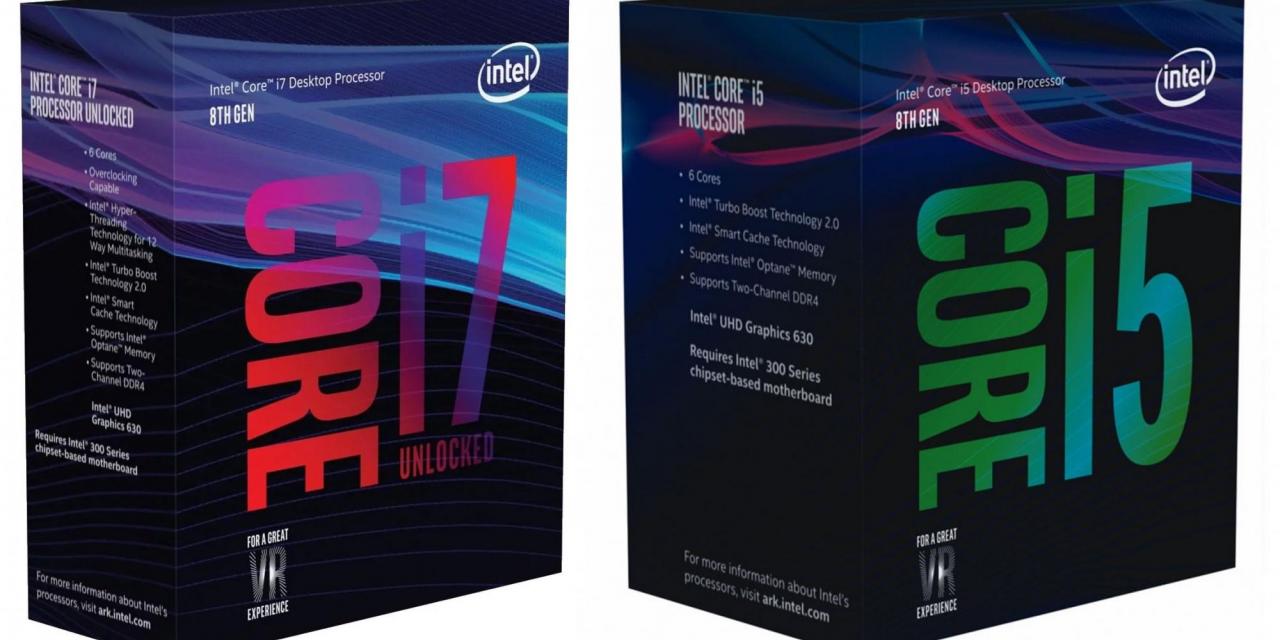
If you don't already own an Intel eighth-generation CPU but you plan to, you might want to buy one sooner rather than later, as prices are shooting upwards off of the back of rumors of supply problems. Prices for the top-tier 8700K CPU have risen to between $380 and $410 at different retailers, up from its launch price of $360.
Although such a leap may not seem like a lot, especially at that sort of price point, it is really problematic for Intel, because it means that the 8700K is no longer cost-competitive with AMD's top of the line CPU, the Ryzen 2700X. Now the 2700X offers much more bang for buck, with its comparatively diminutive price point of just $320. On top of the fact that the socket that AM4 chip uses will be usable with both third and fourth-generation AMD CPUs, providing much better upgrade lines for consumers, and the Intel CPU is losing a lot of its luster.
While admittedly the 8700K is still a better gaming CPU in most settings, the 2700X is a better-multithreaded CPU and should be more future proof because of it.
Of course, you could go for a more mid-range CPU, but as TechPowerUp highlights, Intel is starting to lose the value war there too. The Core i5-8400, arguably the most affordable gaming CPU of this Intel generation, has risen in price from $185 to $225. The i5-8600K is now around $290 on average, providing little incentive to not bump up a few more dollars and get the AMD 2700X with extra cores and higher performance.
Intel has denied that there are supply problems and instead suggests that higher-than-expected demand has caused the price rises. While that's a glass-half-full way of looking at the situation, the fact remains, there aren't enough of these chips to go around to avoid price rises, leaving consumers who have yet upgraded, in the lurch.








